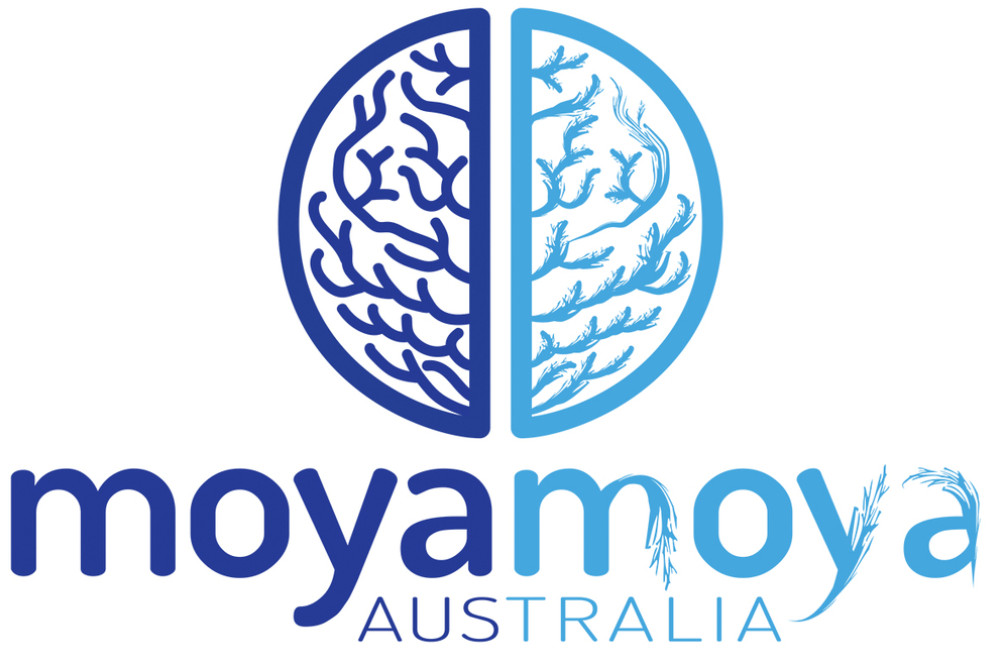General News
6 November, 2022
Local mum calls for Telestroke
QUEENSLAND is the only state in Australia that does not have access to a Telestroke service and local mum and founder of Moyamoya Australia, Nicola Baker, is fighting alongside stroke experts to introduce the lifesaving service.

Telestroke provides rapid virtual care for people to access a specialist stroke diagnosis and treatment, particularly in rural and regional areas.
Although stroke organisations, charities and medical professionals have been calling for action for years, the state has provided little to no response.
Ms Baker is a passionate advocate for stroke awareness and moyamoya disease, a rare but life threatening illness that caused her son Jed to have a stroke at just a few months old.
Determined to help people like her son, she wrote a letter to Queensland Premier Annastacia Palaszczuk and posted it to her Facebook page.
“I had the pleasure of meeting you personally at the premiere of Pirates of the Caribbean, Dead Men Tell No Tales, on the Gold Coast,” the letter said.
“I was introduced to you by Tracey Viera, who was the CEO of Screen Queensland at the time. I am the mother of Jed, who was the subject of Tracey’s speech at that event. You might remember that Jed was fully kitted out in his pirate costume, gifted to him by Penny Rose, the costume designer on set.
“Since we met, I have followed by own life’s purpose and established Moyamoya Australia, a charity who provides financial assistance to families going through the early diagnosis of moyamoya disease, which has funded research and training into moyamoya disease and has also made a substantial donation to the Stroke Foundation to assist with their roles within the stroke community.
“I wanted to reach out to you, because I am aware that Queensland has not signed up to Telestroke and I wanted to give you a more personal view of what living in regional Queensland can be for someone who is having a stroke.
“I am passionate about this because the reason for Jed’s significant intellectual impairment is that he had his first stroke at just 11 months old, and it took a further three years for him to have a ‘label’ of moyamoya disease.”
Ms Baker’s letter continues to speak about Jed’s experiences being diagnosed with moyamoya, the surgeries he had and the strokes that will continue to affect his quality of life.
“Jed has his third brain surgery 10 years ago… and has now been told that there is no further intervention available to him,” she said.
“When this disease raises its head again, Jed will be left with whatever the next stroke leaves him. There are worse things than dying, losing his quality of life would be devastating to us all.
“I am aware that you were in Ravenshoe just a few weeks ago. This is where we live. It takes 45 minutes to get to the nearest hospital, two hours to get to Cairns, and currently, to see our neurologist, we have to drive four hours to Townsville.
“Having been here yourself personally, I bet you envy our beautiful town, but also, I think you have an idea of just how regional we are.
“We don’t know when Jed will stroke again. We do know that having a stroke specialist involved very early will see him less likely to succumb to this disease, but we need Queensland to be a party to the Telestroke Program. This disease is progressive and so it is highly likely that further strokes will happen to Jed.
“I am very pleased that, against all odds, Jed has just turned 19 years old. Please give him what he needs to be able to have urgent access to stroke specialists - Telestroke could save his life.”
Ms Bakers letter has been seen by hundreds of people in the Tablelands, with many shocked the Telestroke initiative has not yet been introduced to Queensland.
Through her personal connection with Ms Palaszczuk, Ms Baker is determined to make a difference in the fight to for Telestroke.
Stroke Society of Australasia President, Professor Timothy Kleinig, has helped establish Telestroke in the Northern Terri-tory and South Australia and has watched it change the lives of many.
“Without Telestroke support, eligible stroke patients in Queensland are less likely to receive clot-busting medication in a timely manner, reducing their likelihood of a good recovery and quality of life after stroke. Regional and rural Queenslanders should not be at such a disadvantage,” he said.


